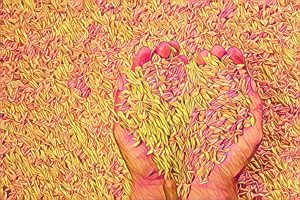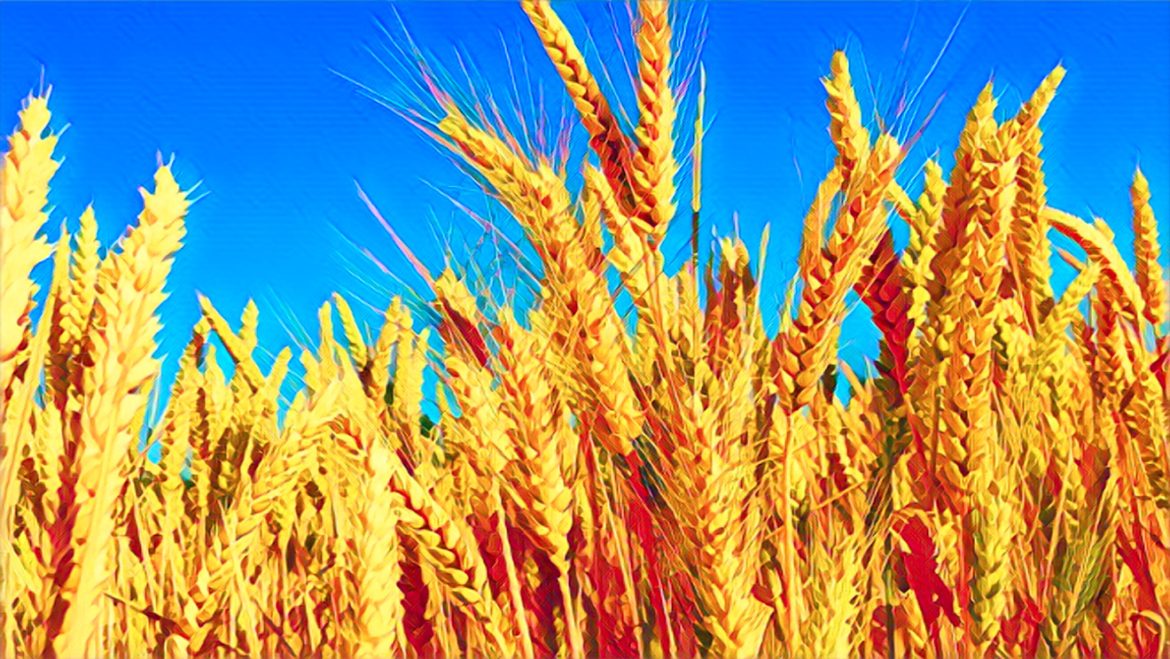KEY POINTS
- The Russia-Ukraine war disrupted wheat supply chains, delaying shipments and causing operational challenges for Nigerian flour mills and food processors reliant on imports.
- Global wheat prices surged by 20%, driving food inflation in Nigeria and worsening economic hardships for vulnerable populations.
- Nigeria is diversifying wheat import sources and boosting local production through initiatives to reduce reliance on volatile international supply chains.
Nigeria, Africa’s most populous nation, relies heavily on wheat imports to meet its domestic needs. With limited local production due to infrastructural deficits, unfavorable climatic conditions, and underdeveloped farming practices, imported wheat forms the backbone of the country’s flour milling and baking industries.
Historically, Russia and Ukraine have been among Nigeria’s top suppliers, accounting for a significant share of its wheat imports.
The outbreak of war between the two major global wheat exporters in February 2022 disrupted international supply chains, sending ripples through global markets.

Historically, Russia and Ukraine have been among Nigeria’s top suppliers, accounting for a significant share of its wheat imports.
For Nigeria, these disruptions translated into skyrocketing wheat prices, challenges in maintaining a consistent supply, and mounting concerns over food security.
Let’s examine the multifaceted impact of the Russia-Ukraine war on Nigeria’s wheat imports and explore potential mitigation strategies to secure the nation’s food supply chain.
Pre-war wheat import dynamics
Before the war, Nigeria imported approximately 4.4 million metric tons of wheat annually, valued at over $1.4 billion. Russia and Ukraine together accounted for around 60 percent of these imports, making Nigeria highly dependent on the region’s stability. Ukrainian wheat, in particular, was prized for its quality and affordability, while Russia’s strategic location ensured consistent and relatively low shipping costs.
Despite being the world’s sixth-largest consumer of wheat, Nigeria’s local production barely meets 1 percent of demand.
Farmers in Nigeria face challenges ranging from poor yields to inadequate access to modern farming tools and irrigation. Additionally, limited governmental support has constrained efforts to scale local production. As a result, Nigeria remains vulnerable to external shocks, such as geopolitical conflicts that impact its primary wheat suppliers.
Impact of the Russia-Ukraine war
Supply chain disruptions
The Russia-Ukraine war has caused severe disruptions to global wheat supply chains. With ports blocked and logistics systems crippled in the conflict zones, Nigeria experienced delays and cancellations of wheat shipments. Flour mills and food processors reliant on regular supplies from the region faced operational bottlenecks. The unavailability of affordable wheat has forced many smaller bakeries to scale back or shut down operations, impacting jobs and local economies.
Price increases
As global wheat prices surged by approximately 20 percent in 2022, the cost burden was passed on to Nigerian businesses and consumers. Flour prices soared, leading to significant increases in the cost of bread, noodles, and other staple foods. The resultant food inflation further exacerbates the economic challenges for millions of Nigerians already grappling with high poverty rates.
Food security concerns
The war has amplified food security risks in Nigeria. Rising wheat prices, coupled with disrupted supply chains, have led to concerns about access to affordable staple foods. With over 40 percent of Nigerians living below the poverty line, increased food costs have worsened malnutrition rates and heightened economic vulnerabilities across the nation.
Mitigation efforts and opportunities
Diversification of wheat import sources
In response to the crisis, Nigeria has sought to reduce its reliance on Russia and Ukraine by exploring alternative suppliers, including the United States, Canada, and Australia. These efforts aim to create a more resilient supply chain capable of weathering geopolitical instabilities. However, the high costs associated with sourcing wheat from these regions remain a challenge.
Boosting local wheat production
The Nigerian government has intensified efforts to boost local wheat production. Programs such as the Anchor Borrowers’ Scheme have provided financial support, improved seeds, and access to irrigation for wheat farmers. While these initiatives show promise, achieving self-sufficiency will require sustained investments in research, infrastructure, and capacity building.

Federal Govt Supports 6,000 Kano Wheat Farmers with Subsidized Inputs
Investment opportunities
The disruptions have also created opportunities for private investment in Nigeria’s wheat value chain. Flour milling, baking, and large-scale wheat farming present lucrative prospects for both local and international investors. Embracing technologies such as precision farming and climate-resilient wheat varieties could transform Nigeria’s wheat industry in the long term.

Nigeria targets wheat production to strengthen naira boost economy.
The Russia-Ukraine war has underscored Nigeria’s vulnerability to external shocks in its wheat import dependency. Supply chain disruptions, soaring prices, and food security challenges have revealed critical gaps in the country’s agricultural and trade systems.
However, the crisis also presents an opportunity for Nigeria to recalibrate its wheat supply strategies. By diversifying import sources, bolstering local production, and encouraging investments across the wheat value chain, Nigeria can mitigate risks and enhance food security.
Looking ahead, the development of a sustainable and resilient wheat industry will be pivotal in ensuring that Nigeria’s population has consistent access to affordable staple foods, regardless of global uncertainties.


